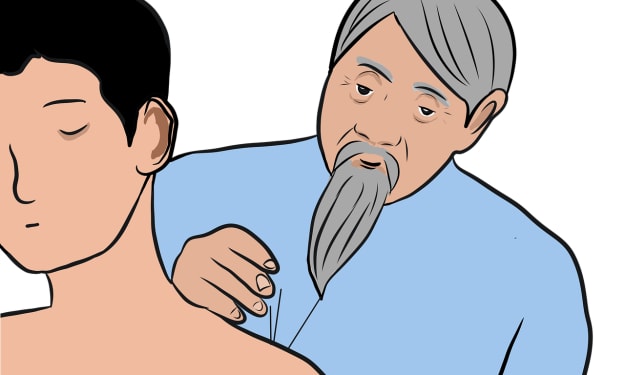Depression: Causes And Management Techniques
Read to learn more...

Depression is a mood disorder that causes a persistent feeling of sadness and loss of interest. Also called major depressive disorder or clinical depression, it affects how you feel, think and behave and can lead to a variety of emotional and physical problems.
The following are some symptoms of depression to take notice of.
- Depressed or irritable mood
- Sleep problems (i.e., sleeping too much or too little; sleeping mainly during the day)
- Change in interests (i.e., not being interested in what you used to enjoy) or low motivation
- Excessive guilt or unrealistically low self-image
- Significantly low energy and/or change in self-care (i.e., not showering anymore)
- Significantly worse concentration (i.e., sharp decline in grades or performance)
- Changes in appetite (i.e., eating too much or too little)
- Agitation or severe anxiety/panic attacks
- Suicidal thoughts, plans or behaviors — including self-harm (i.e., intentionally cutting or burning yourself)
Causes Of Depression
Childhood Experience : Clinically, it is known and suggested that a precise assessment of childhood trauma in chronically depressed patients is mainly focused on emotional abuse, sexual abuse, physical or emotional neglect. A very high percentage of chronically depressed patients report clinically significant histories of trauma in their childhood days. Experience of multiple trauma however leads to more severe depressive symptoms.
Life Events : Events such as break-ups, or divorce, bereavement, separations and the likes of it, have been largely recognized as potent triggers of depression. Getting separated or detached from something or someone very dear to your heart through death or break-up as in the case of marriage or relationship can be really depressive if care is not taken.
Physical Health Problems : Chronic illnesses such as cancer, heart disease, or diabetes can make one more likely to develop a mental health condition and hence depression. It is mostly common to feel sad and discouraged after having a heart attack, receiving a cancer diagnosis, or when trying to manage a chronic condition such as pain.
Completely Overcoming Depression
Spend time in nature. Spending time in nature can have a powerful influence on a person's mood. Research suggests that walks in nature may improve depressive symptoms in people with clinical depression. Time in natural spaces may improve mood and cognition, and lower the risk of mental health disorders.
Depression is however one of the most common and most treatable mental health disorders. With early, continuous treatment, people can gain control of their symptoms, feel better, and get back to enjoying their lives.
By strictly coping with the following guidelines, one can simply and easily overcome depression in no time.
Stay connected to others. Reach out to family and friends who can give you encouraging feedback and provide you an honest, fresh perspective.
Engage in activities that you enjoy and make you feel good. Don’t wait for yourself to be in the mood. For example, give yourself permission for a 30-minute vacation or schedule a healthy hobby every day. Just remember to do these activities with the right attitude (see Engagement). Also, practice gratitude — take time to notice what went well today, not just what went wrong. Consider keeping a gratitude journal. Know that being grateful for your blessings doesn’t mean you have to discount your problems.
Set goals that are workable and give you a sense of accomplishment. A workable goal is something you can control, manage, realistic for you and one that is measurable.
Sleep Regularly: Try to keep a regular sleep schedule. Keep a balance with not too little and not too much sleep. Staying up late one night and then sleeping in excessively the next day is a sure-fire way to feed depression. Also, don’t try to solve problems late at night when your brain is half-asleep.
As you practice these coping guidelines, know that you’re on the path to overcoming depression.
About the Creator
Alhassan Sule
I am a 35 years old Ghanaian, who works with a Pharmacy
I am a graduate of the University of Development Studies in the Upper Western part of Ghana.
I am also a fitness expert and love to write on any topic.






Comments
There are no comments for this story
Be the first to respond and start the conversation.